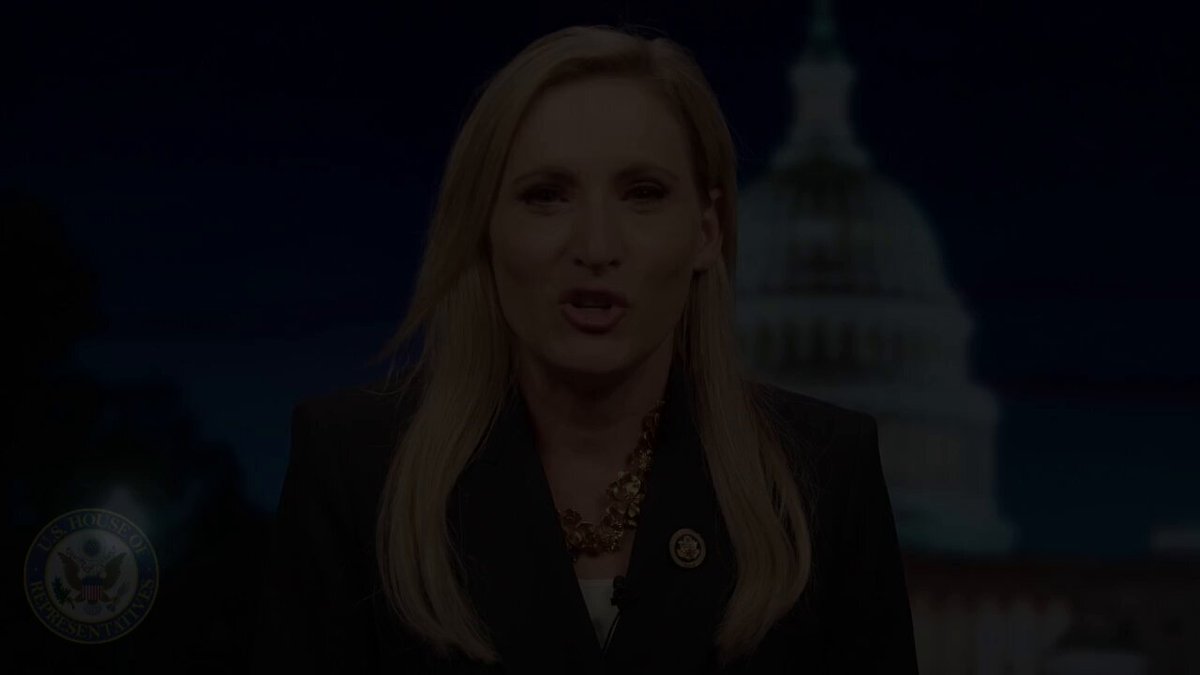The statement calls for a specific action by the House of Representatives regarding Merrick Garland and references an interview with President Biden. It also includes a link to further explanation by a representative, suggesting it is part of a broader public debate or issue.
- The statement does not appear to use harmful language or actions directly, but it does call for a punitive measure which could be seen as adversarial.Principle 1:I will strive to do no harm with my words and actions.
- The statement does not engage in cyberbullying, harassment, or hate speech, but it does involve a public figure and a call for action against them, which could be seen as a form of public pressure.Principle 2:I will respect the privacy and dignity of others and will not engage in cyberbullying, harassment, or hate speech.
- The statement does not promote understanding, empathy, or compassion; it is more focused on a call to action against a public official. [-1]Principle 3:I will use my words and actions to promote understanding, empathy, and compassion.
- The statement does not engage in personal attacks or ad hominem arguments, but it does not foster constructive dialogue either. It is more of a directive statement.Principle 4:I will engage in constructive criticism and dialogue with those in disagreement and will not engage in personal attacks or ad hominem arguments.
- The statement uses influence to call for a specific action, which could be seen as an attempt to hold public officials accountable, but it does not clearly indicate how this betters society.Principle 6:I will use my influence for the betterment of society.
- The statement upholds the principle of free speech and uses the platform to call for accountability, but the responsibility and integrity of this call can be debated.Principle 7:I will uphold the principles of free speech and use my platform responsibly and with integrity.
